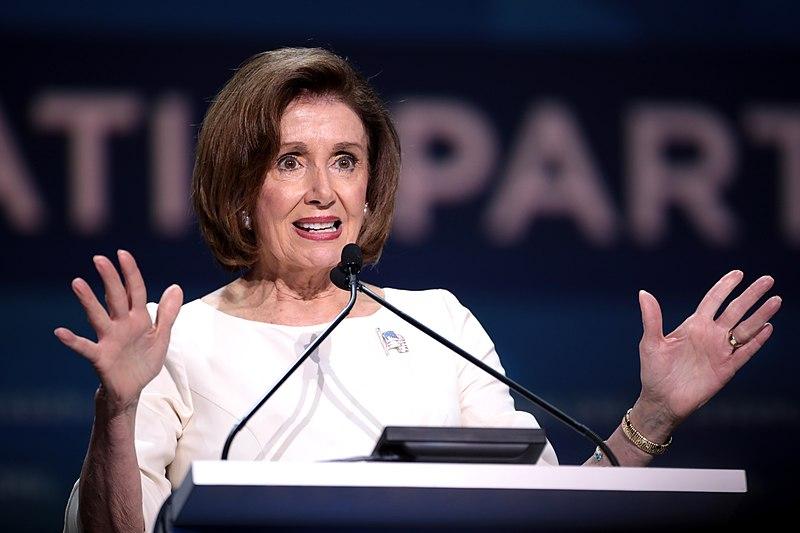The House of Representatives announced approval for an infrastructure blueprint that would be a direct pathway forwards for approving the long-contested infrastructure bill that Biden’s administration has tried to get passed since he came into office back in January.
Anybody that reads the actual language of the infrastructure bill will know that only a small minuscule percentage of the language provides funds for genuine infrastructure. About $150 billion will be invested in the country’s roads and bridges, while some remaining funds will be directed to public transportation systems in major cities.
The funds going to genuine infrastructure throughout the country are certainly justified and both political parties agree on that. One of the problems is that a significant portion of the infrastructure blows up the government debt in order to spend billions of dollars on programs and agendas that arguably have nothing to do with America’s infrastructure.
Nearly $90 million will be split between the Denali commission and the Federal Communications Commission, while an additional $5 billion will be transferred to enhance the efficiency of school buses. It doesn’t stop there though. The infrastructure bill directs $3.5 billion to the Indian Health Service, a service that has nothing to do with American infrastructure.
Many Republicans have opposed the infrastructure agenda due to the significant amount of unnecessary spending in the legislation. House Speaker Nancy Pelosi recently set a deadline to pass the infrastructure bill with the hopes that ongoing negotiations will ultimately result in an infrastructure bill that could pass in the House of Representatives.
The Democrats are now planning to use their narrow Senate and House majorities to utilize a process known as ‘reconciliation’. By using this to their advantage, they wouldn’t need 60 votes in the Senate to pass their spending agenda. They would only need all 50 of their Democratic Senators to cast a vote in favor of their act and the Vice President could break the tie with her vote.
The ultimate goal for the Democrats is to pass the bipartisan infrastructure bill by October 1st and then follow up by immediately passing their reconciliation spending bill that surpasses $3.5 Trillion. The spending bill would expand social programs and direct funds to many Democratic programs that aren’t shared by the interests of the Republican Party.
In recent days, some moderate Democrats have threatened to vote against the agenda because of several provisions in the bill. They also threatened to not pass the $3.5 Trillion spending agenda without 51 votes in the Senate. Nancy Pelosi has been juggling threats from both sides from within her own political party.
Deadlines have been set for passing the legislation and the direction of negotiations seem to place the Democratic Party in a situation where somebody within their party is going to have to compromise.
With deadlines for passing the infrastructure legislation set for October 1st, only time will tell if Biden’s agenda will push forward with more government spending and additional social programs receiving partisan funding from the Democratic Party.













